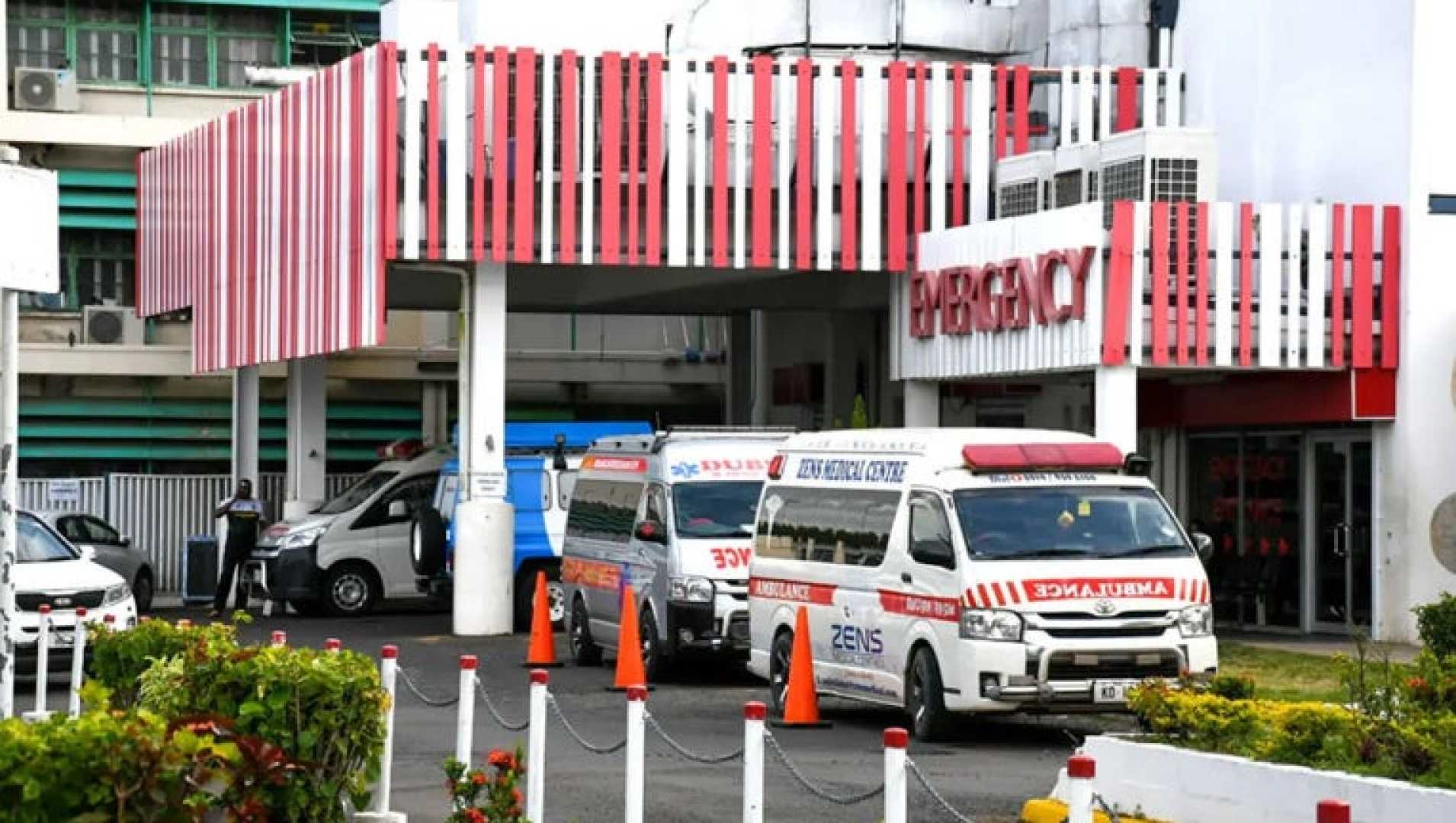Health
Fiji Faces Travel Alert Amid Surge in Dengue Fever Cases

SUVA, Fiji — The Centers for Disease Control and Prevention (CDC) has added Fiji to its travel alert list due to a significant rise in dengue fever cases. As of March, the country reported over 5,100 cases of the mosquito-borne illness, prompting a Level 1 travel advisory.
Dengue fever is a viral infection transmitted by mosquitoes and poses serious health risks in warm-weather countries. Symptoms include high fever, severe muscle and joint pain, nausea, and fatigue. Health experts from the Mayo Clinic have advised that while symptoms typically last about a week, complications can arise for individuals with weakened immune systems.
According to Dr. Stacey Rizza, an infectious diseases specialist at the Mayo Clinic, heavy rainfall and a lack of immunity within the local population are likely contributing to the recent surge in cases. “Wherever you have a significant number of mosquitoes and warm, hot environments, you see dengue transmission,” she stated.
Fiji is not alone; globally, there have been over 1.4 million dengue cases and more than 400 fatalities reported across 53 countries. Regions such as Puerto Rico and Florida in the U.S. are also experiencing elevated levels of dengue.
In response to the outbreak, Fiji’s Ministry of Health is conducting continuous monitoring and mosquito spraying to control the situation. Tourists are advised to follow guidelines to minimize the risk of infection, including using insect repellent, wearing long-sleeved clothing, and staying in bird-proofed accommodations.
Travelers planning trips to Fiji are adjusting their plans following the CDC’s warning, although the agency has not outright discouraged travel. Instead, it emphasizes the importance of taking necessary precautions against mosquito bites during travel. As tourism depends heavily on health safety, the ongoing outbreak may shift tourist traffic toward regions with fewer health risks.
The health crisis has prompted an urgent response from both local authorities and the travel industry, with hotels and resorts reassuring guests of their health protocols amidst growing concerns. Despite these efforts, challenges including heavy rainfall and low immunity among the local population remain critical issues.












